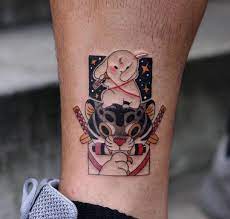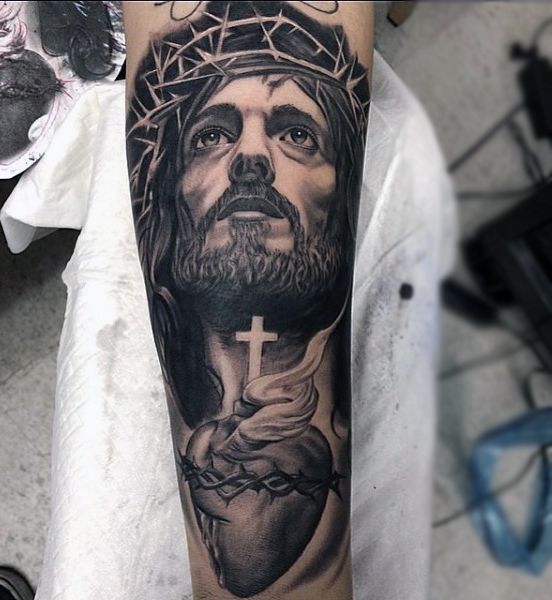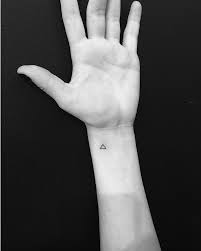
Small Tattoos can be just as impactful as full sleeves of Japanese tattoos. They are perfect for those who are not ready to make a long-term commitment. Bold lines and vibrant colors make these designs stand out and can be easily placed on the hand or wrist.
Namazu
Namazu-e prints were created in response to the Edo earthquake of 1655. These prints highlight social divisions and criticize the complacency of society. Today, these prints are iconic images in Japanese history and make a meaningful tattoo choice.
Phoenix
The Phoenix is a symbol of renewal, strength, and courage. Many people choose to get a Phoenix tattoo to represent these qualities.
Hyottoko
Hyottoko has a round face, bushy eyebrows, and a small puckered mouth. He is known for bringing good luck and prosperity. Often seen alongside his wife, Okame, they are famous figures in festival masks and charms.
Raijin
The crane and the Kirin (Japanese unicorn) symbolize strength, resilience, and good fortune. Tigers are also commonly seen in Japanese tattoos, representing courage and protection against evil spirits.
Water
Water is a significant element in Japanese tattoo designs. It symbolizes strength, movement, and the essence of life.
Kabuto
Kabuto Tattoos are ideal for representing Japanese culture. They can be placed on the back or upper arm, allowing for more artistic expression. Dragon and Koi fish Tattoos are popular choices, symbolizing perseverance and strength.
Namakubi
Namakubi Tattoos hold more profound significance and represent the ritual suicide practice of Samurai Seppuku. They symbolize respect, accepting fate, and embracing the transient nature of life. Geisha head namakubi Tattoos are particularly powerful for women as they represent courage and strength.
Daruma Doll
The Daruma doll is based on the founder of Zen Buddhism, Bodhidharma. It represents perseverance and strength. People often write their wishes on the face of the Daruma doll for family safety or business success.

